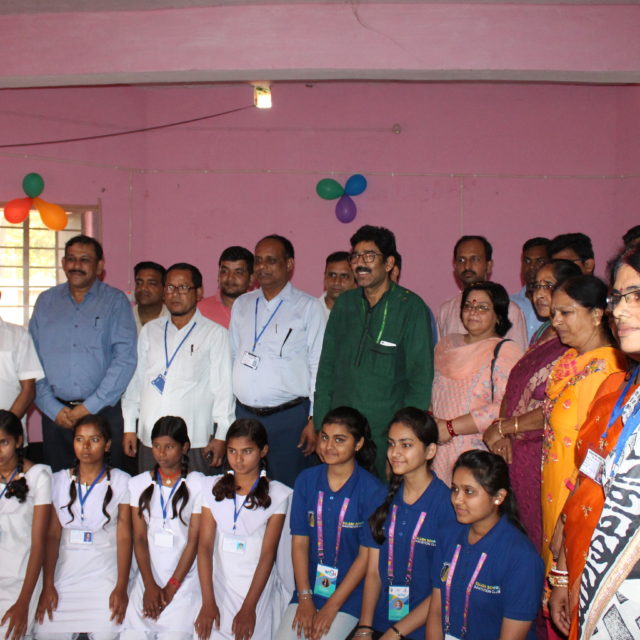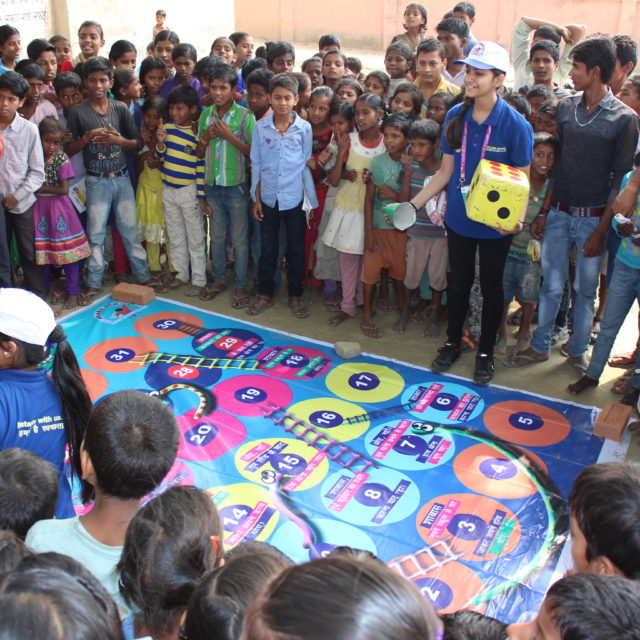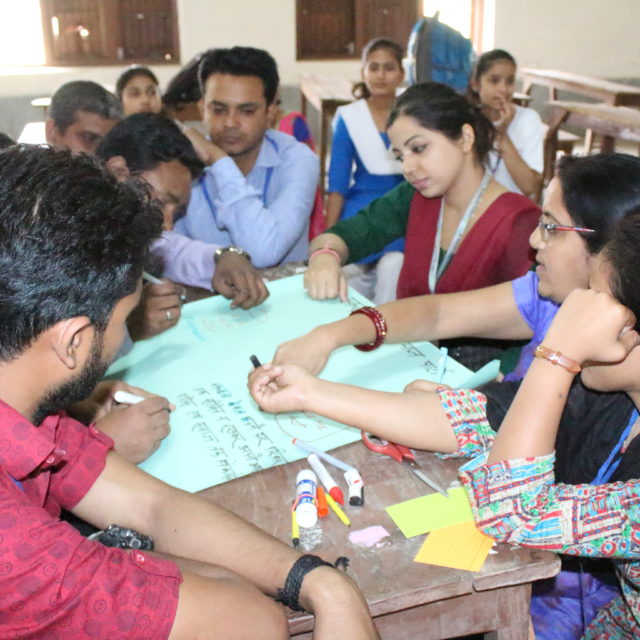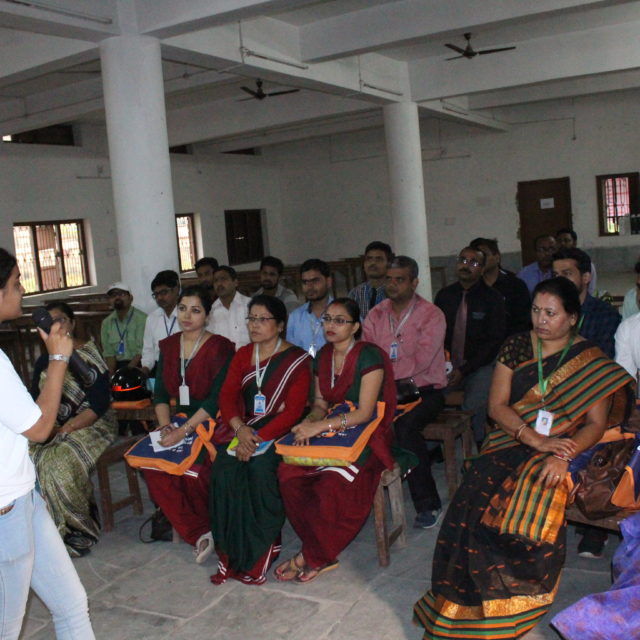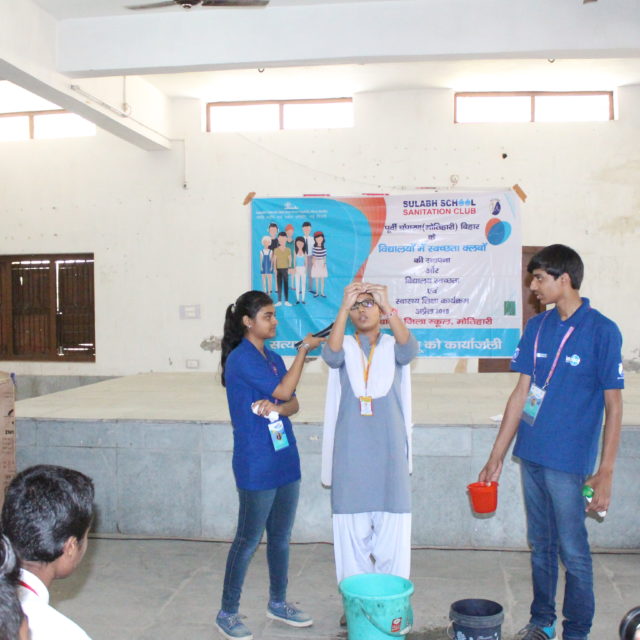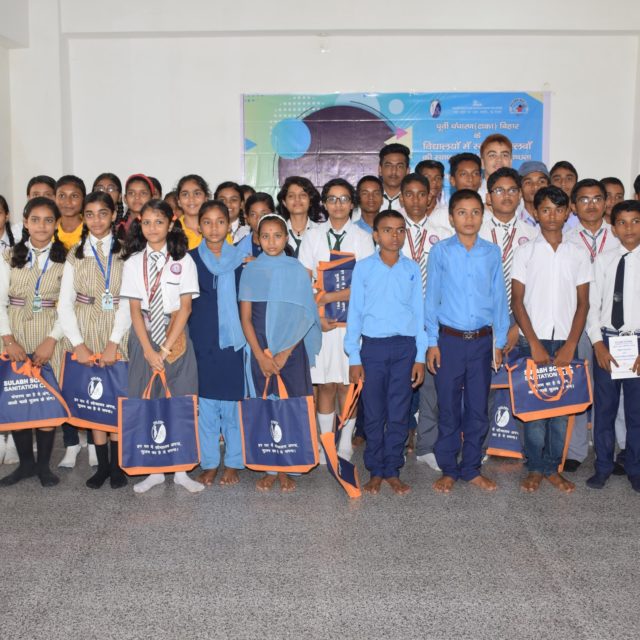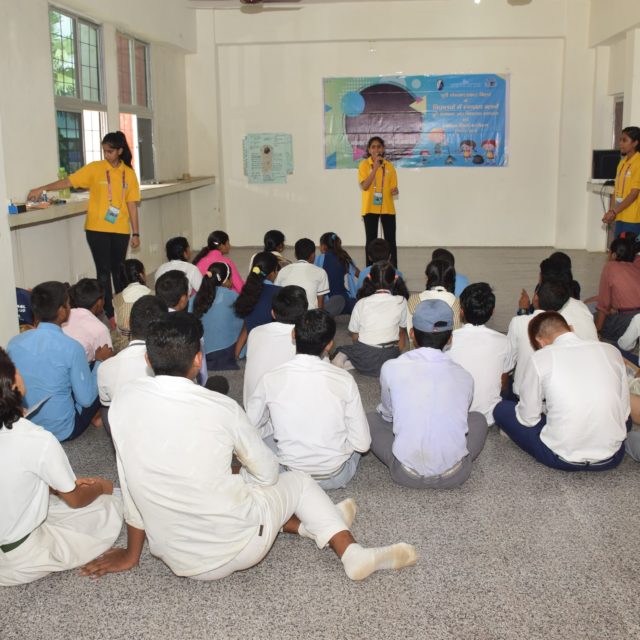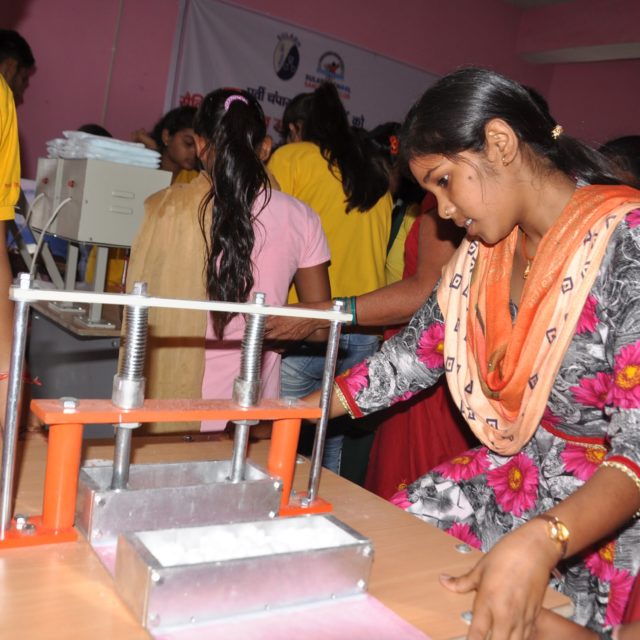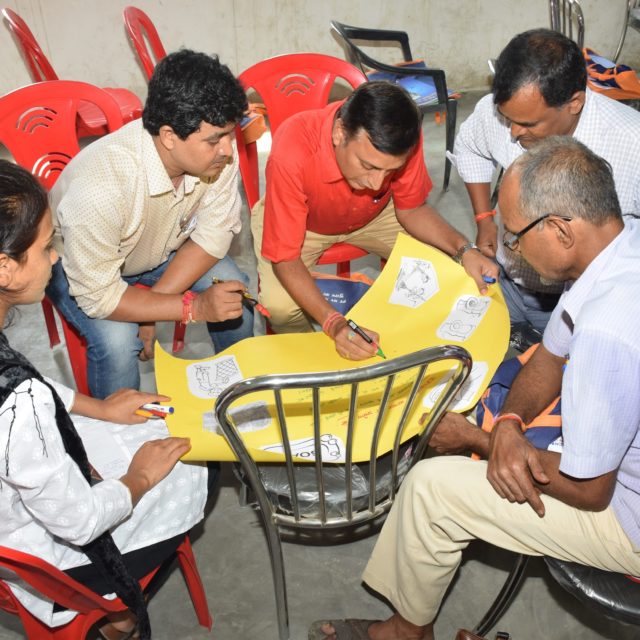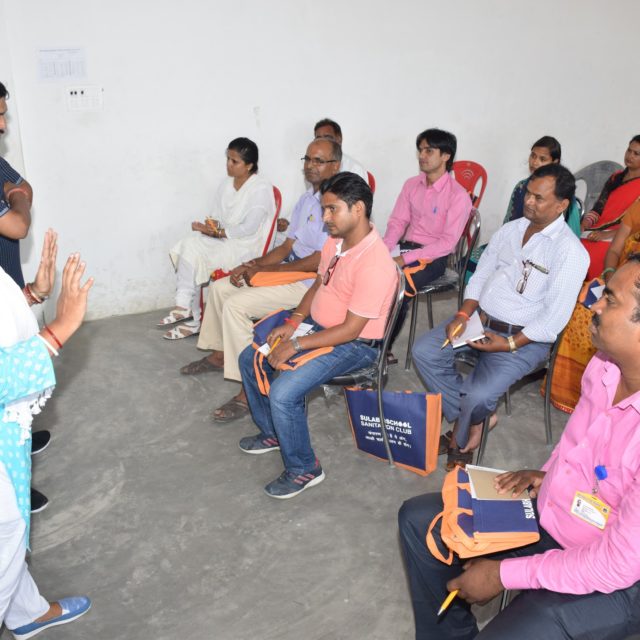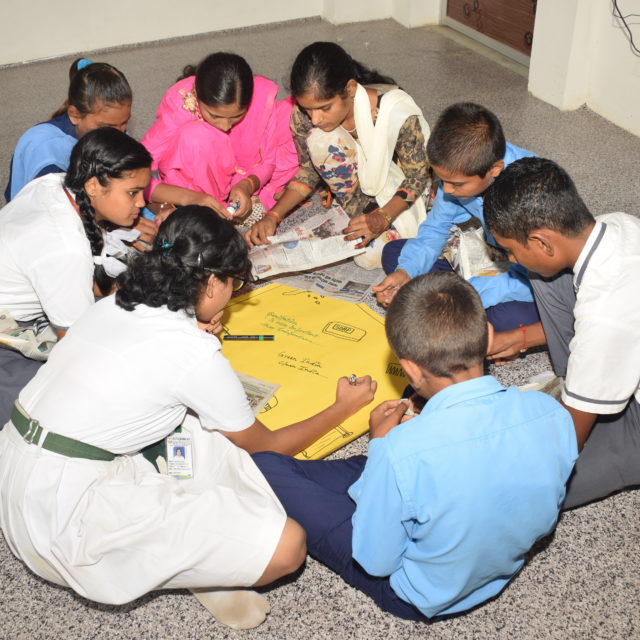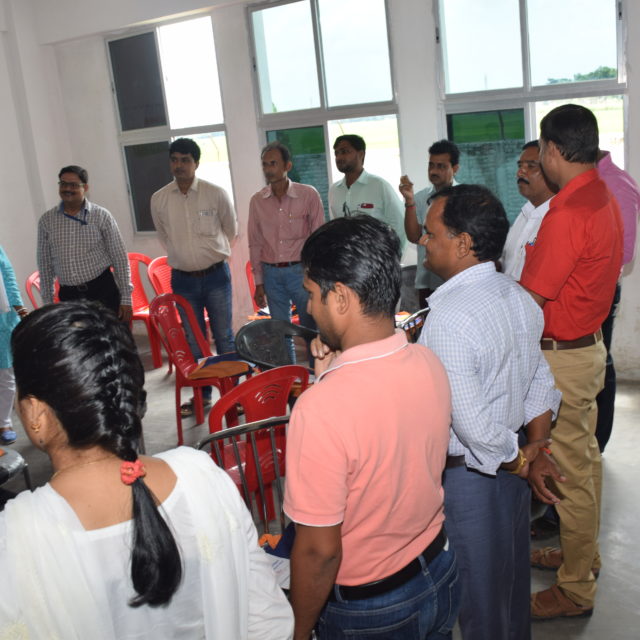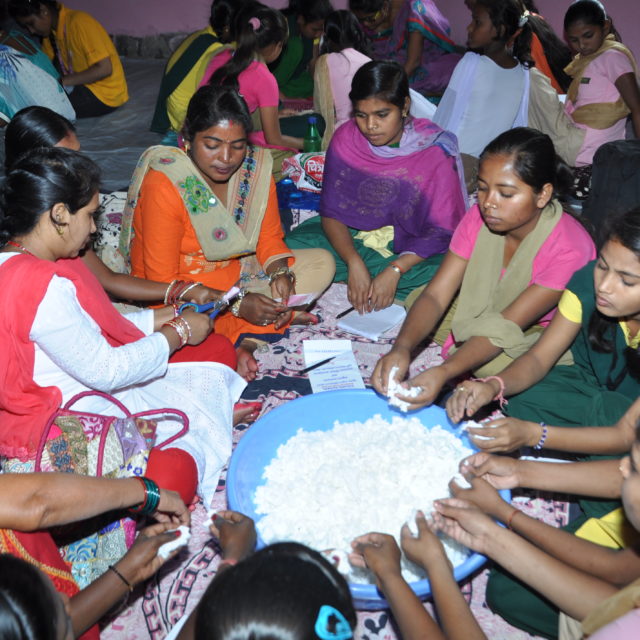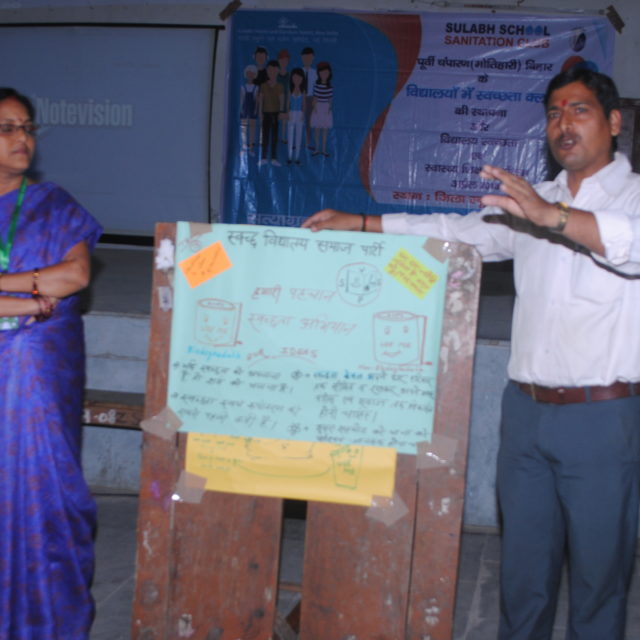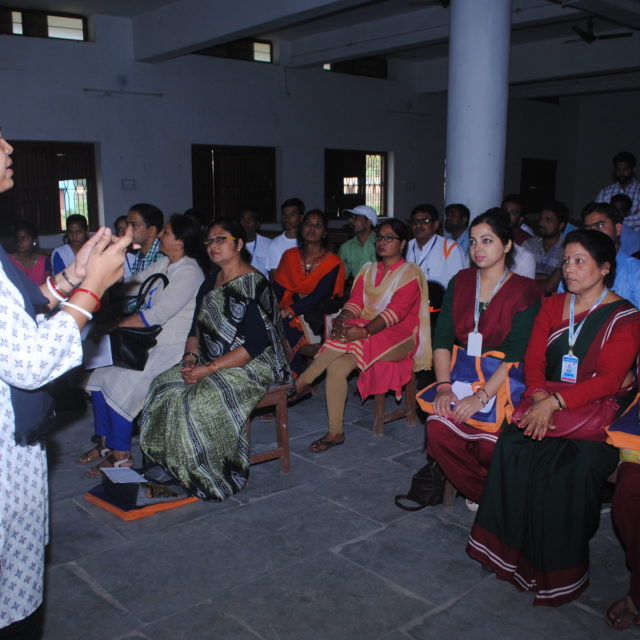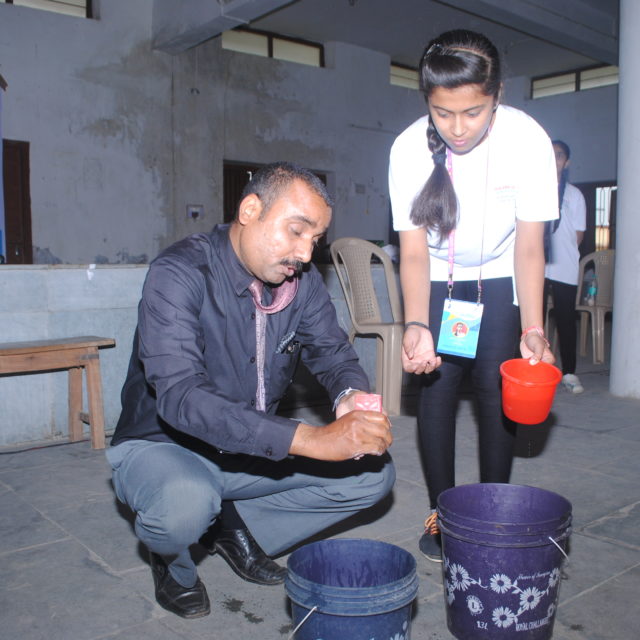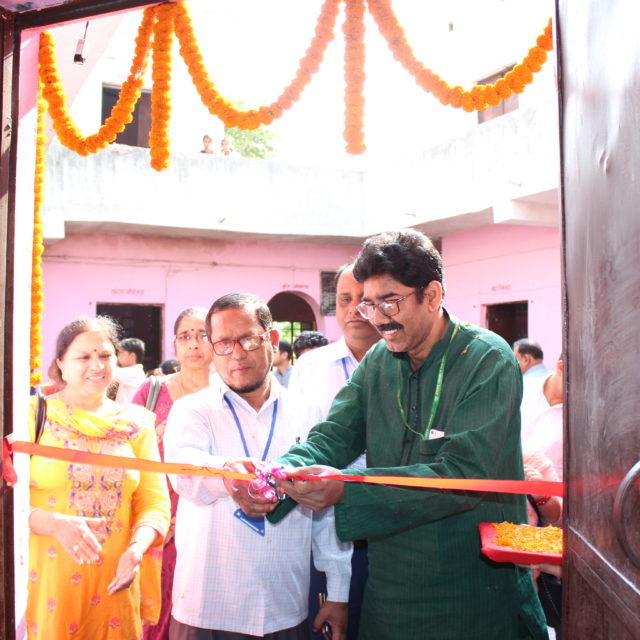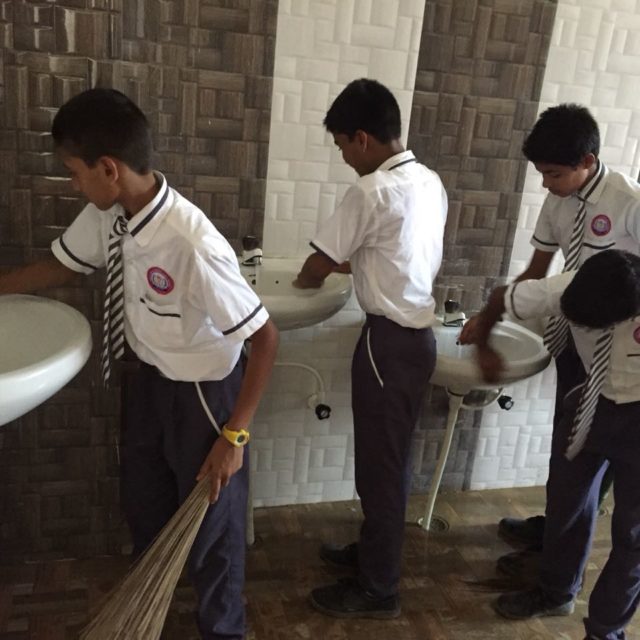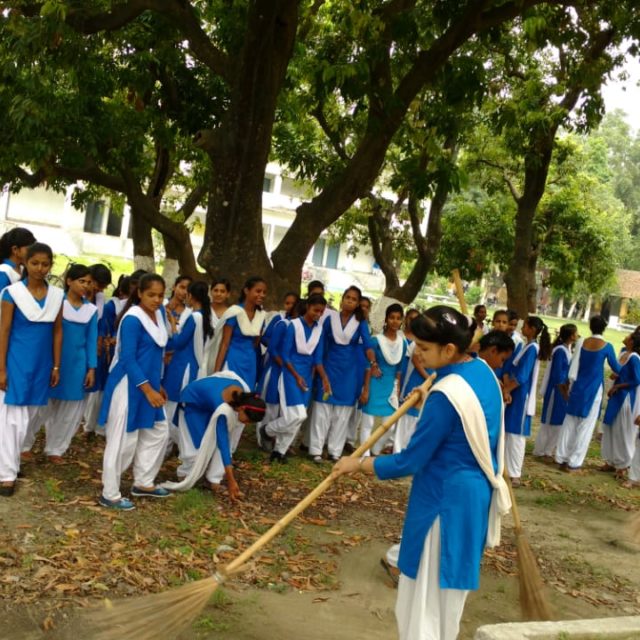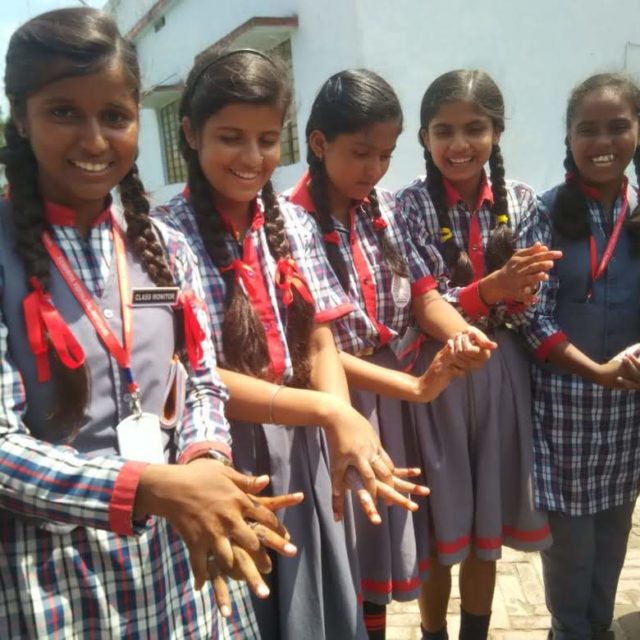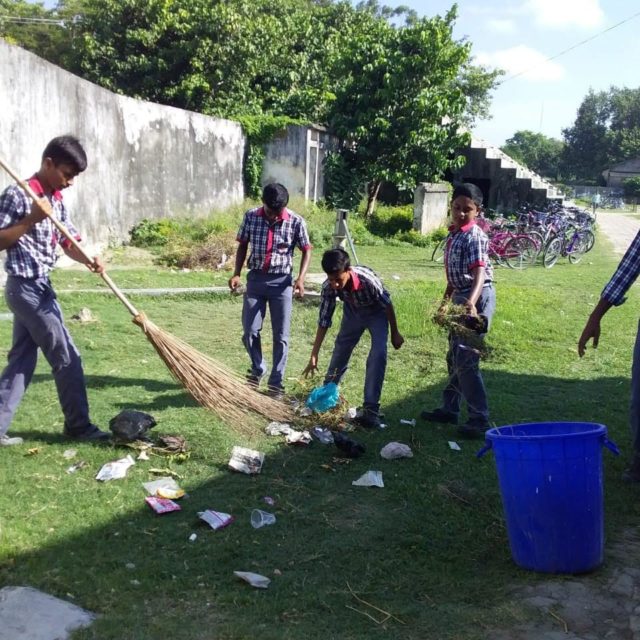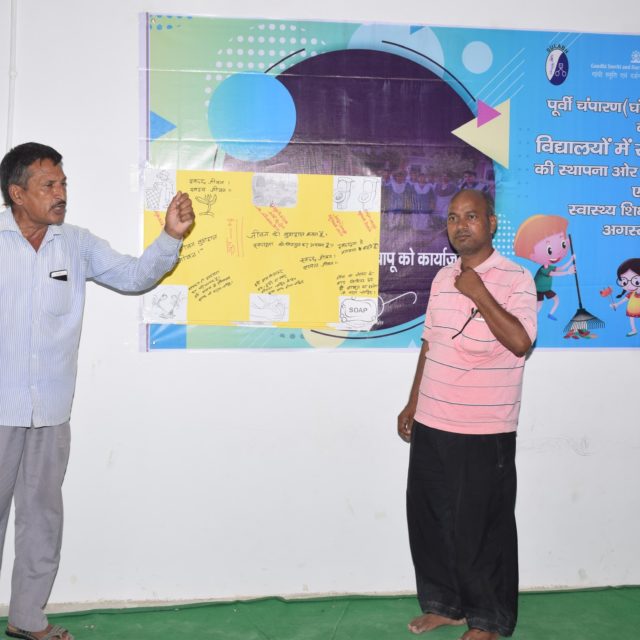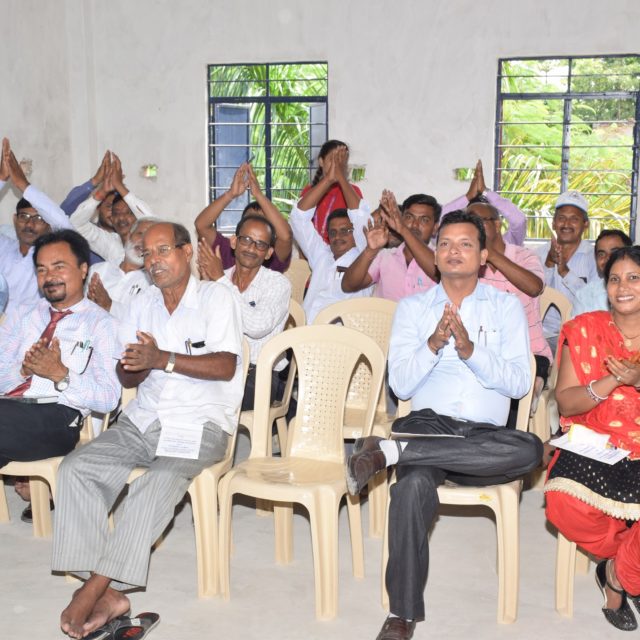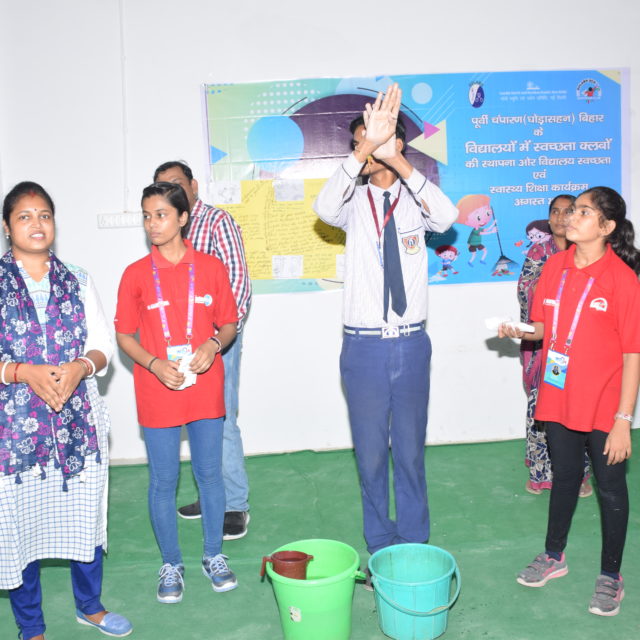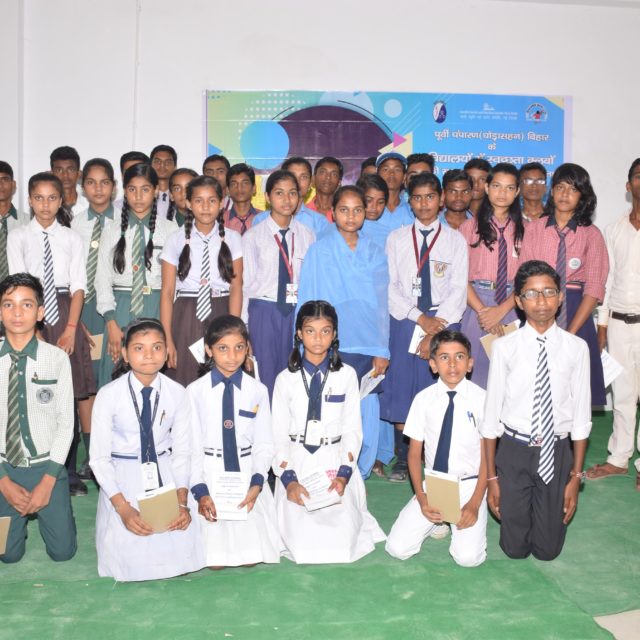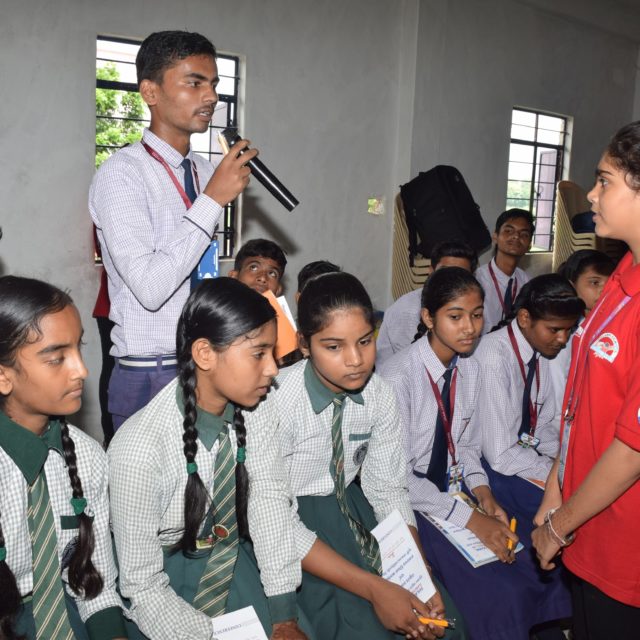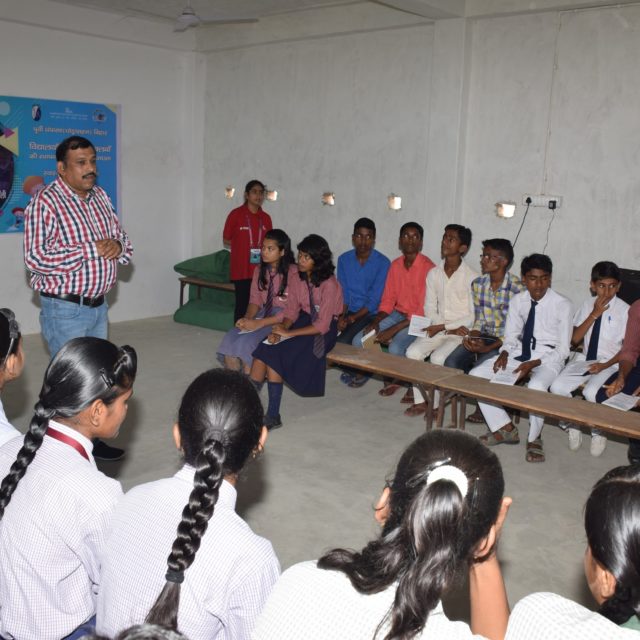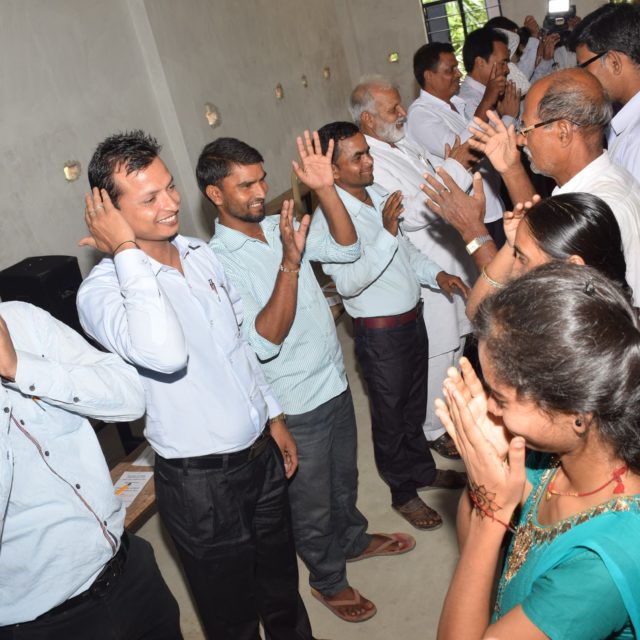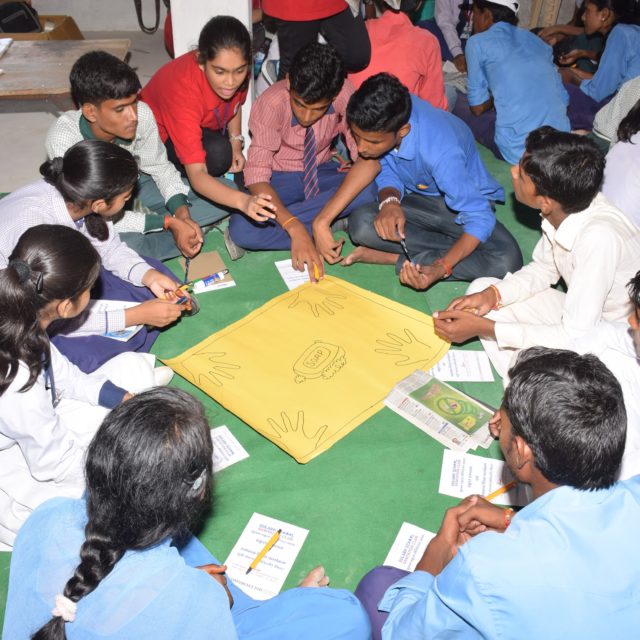MENSTRUAL HYGINE TRAINING PROGRAMME IN SCHOOLS OF GORASEHAN, DHAKA BLOCK OF EAST CHAMPARAN
Awareness about menstruation prior to menarche was found to be low in East Champaran school girls and among both urban and rural adolescents in Bihar state. The limited knowledge available was passed down informally from mothers, who were themselves lacking in knowledge of reproductive health and hygiene due to low literacy levels and socioeconomic status. Lack of menstrual hygiene was found to result in adverse outcomes like reproductive tract infections.
While implementing an adolescent health and awareness programme locally , we found that a large number of school girls, we found, problems related to the use of accessibility of subsidized sanitary pads and the irregular supply, lack of awareness of how to use them, the sub-optimal quality of the pads, and non-availability of appropriate means of disposal, which resulted in low acceptability. Instead, we found that to manage menstruation, adolescent girls were using old cloths made from their mothers’ petticoats, bed sheets, or pants, which were washed and re-used.
The Sulabh School Sanitation Club and Gandhi Smriti & Darshan Samiti, New Delhi reached out to school girls in 10 schools of Dhaka and 10 schools of Ghorasehan Block . Several workshops on MHM or puberty education were conducted by student volunteers of the Sanitation Club.
WORKSHOP ON SWACCH BHARAT: SWACHH VIDYALAYA AT EAST CHAMPARAN SCHOOLS.
Under the Swachh Bharat Mission, the largest behaviour change programme in the world, the rural sanitation coverage of India has now risen to 85 per cent. This success has been achieved due to the difference in approach adopted by the Swachh Bharat Mission in comparison to previous sanitation programmes in the country.
In India, based on feedback from government stakeholders and our partners, we decided to approach the sanitation issue from a different angle: fix what has been built and focus on school toilets. There is also enough evidence that inculcating toilet habits in children translates into toilet habits for the entire family, thus helping reduce the incidence of open defecation in communities. In our endeavour to focus on children as future change agents, we have identified schools across East Champaran in partnership with Gandhi Smriti and Darshan Samiti, to address specific barriers children face in using existing toilet facilities.
We are doing this by identifying specific issues school by school, engaging key influencers and school authorities, deploying possible resources for small repairs and setting up hygiene clubs to inculcate good toilet habits among children.
The behavior change programme under SBM is being steered by young school students in their own community and schools. Accordingly, the Sulabh School Sanitation Club with the support of Gandhi Smriti & Darshan Samiti has taken up the task of training the 22 schools of Dhaka, Ghorashan and Motihari block of Bihar. In order to meet the enormous challenge to making India ODF by 2019, the aspect of behavioral change and inter-personal communication have to be accelerated. We have started training the school students and teachers on various aspects of hand washing, waste disposal, menstrual hygiene, making the village ODF, keeping the school toilets clean and providing some schools with sanitary napkin vending machine & napkin destroyer machines.
The Sanitation Club and Gandhi Smriti Darshan Samiti has also installed a low- cost sanitary napkin making unit at Kastruba Gandhi Balika Vidyalaya in Piprakothi. The idea is to cater to the menstrual needs of the adolescent girls of Motihari & Piprakothi block.
Several activities were also carried out through participating sessions in the schools and in the community, along with regular activities in the schools to keep the issue of sanitation alive and ensure that the school toilets and wash rooms are kept clean.

